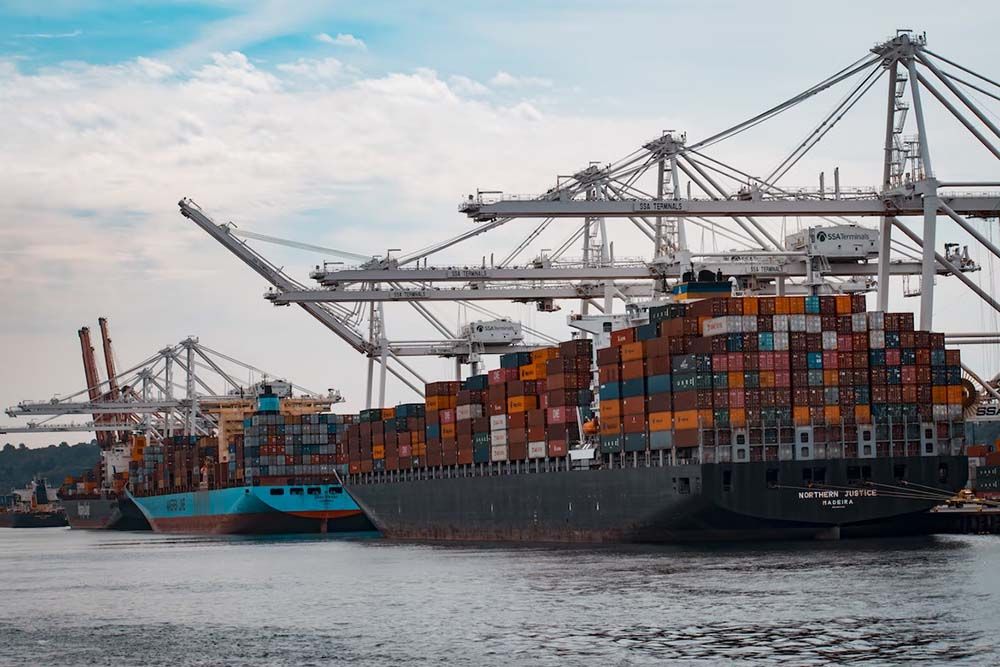China’s port advantages and why it is difficult to be replaced

By the end of 2022, China was expected to have more than 2,700 ports. China’s container throughput was approximately 13 million TEU (twenty-foot equivalent unit) per year. There are six ports in China that rank among the top ten in the world, they are Shanghai, Shenzhen, Hong Kong, Guangzhou, Ningbo and Qingdao.
As the largest maritime country in the world, China has many convenient ports, which bring many conveniences to global trade. China’s port advantages can be seen from several aspects:
First of all, China has a large number of ports, which are relatively scattered. From the perspective of the location of the ports, it can make international trade more convenient. The distribution of ports allows Chinese goods to be transported quickly to all parts of the world, and trade needs can be met more efficiently. In addition, the waterways of Chinese ports are relatively spacious, suitable for large ships to enter and leave the port, and can accommodate more cargo.
Second, Chinese ports have excellent facilities that can meet the loading and unloading needs of various cargoes. Port facilities can also meet various trade activities. For example, the port has built advanced storage facilities, which can improve the efficiency of cargo loading and unloading and transportation.
Third, Chinese ports have a sound policy environment and legal environment, which can provide a safe and reliable environment for international trade. The government supports the development of ports and strengthens supervision, which can effectively protect the safety of goods and reduce trade risks.
In short, China’s port advantages play an important role in global trade and are difficult to replace. China has a variety of ports that can meet different trade needs. The facilities and policy environment of the ports can also effectively guarantee the safety of goods. These factors make it difficult to replace China’s port advantages and will continue to play an important role in global trade.
